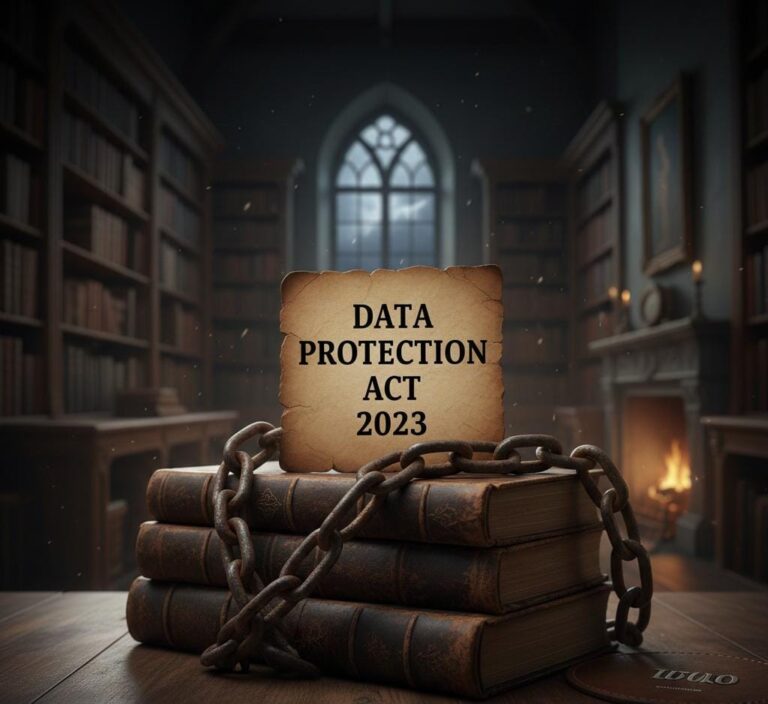
Understanding the Legal Implications of Cyberbullying and Online Harassment
In today’s digital world, cyberbullying and online harassment have become big issues. The internet’s anonymity and capacity to reach a vast audience allow bullies and harassers to easily target their victims. This type of activity can have a serious impact on the victim’s mental and emotional health, causing despair, worry, and even suicide. Furthermore, it might have legal consequences. This article will cover the legal repercussions of cyberbullying and online harassment, as well as the preventative measures against individuals harassing or threatening another person through electronic communication.
Name-calling, spreading rumours, posting embarrassing photographs or videos, and issuing threats are just a handful of the various ways it emerges. Cyberbullying and online harassment are comparable, but the latter refers to a pattern of activity designed to repeatedly harass, threaten, or intimidate a target. It may be done via social media, email, messaging apps, online forums, or any other online venue. Cyberbullying and online harassment can have serious legal consequences, especially if they include threats, hate speech, or defamation. Several laws and standards are in place to protect people, making internet stalking and harassment unlawful. Cyberstalking refers to the act of stalking or harassing someone online. This might include sending threatening emails or texts, tracking the victim, or publishing personal information online.
Cyberbullying and online harassment refer to the deliberate use of digital communication platforms to intimidate, threaten, or harm individuals or groups. This behaviour can take various forms, including spreading rumours, sending abusive messages, sharing private information without consent, or creating fake profiles to impersonate or harass others.
It may include a vide variety of activities-
- Sending obscene/vulgar messages
- Posting embarrassing content about the victim, often known as an outing
- Hacking the victim’s account
- Sending or posting mean and vulgar messages online
- Threats of violence
- Phone calls by stalker
- Threats of child pornography
- Trolling

Legal Provisions against cyber bullying and online harassment-
Section 292A of IPC: Printing or Exhibiting grossly incident matter
- Publishes or causes to be published in a newspaper, periodical, or circular; exhibits or causes to be exhibited in public; distributes or causes to be distributed or in any manner puts into circulation any picture or written document that is grossly incident, scurrilous, or intended for blackmail.
- Shall be punished with imprisonment of either description for a term which may extended to two years, or with fine, or with both
Section 354A of IPC: Sexual harassment and punishment for sexual harassment.
- A man committing any of the following acts-
- Deman or request for sexual favours; shall be punished with rigorous imprisonment for a term which may extend to three years, or with fine, or with both.
- Making colored remarks shall be punished with imprisonment of either description for a term which may extended to one year, with a fine, or with both.
Section 354D of IPC: Stalking-
- Any man who- (ii) monitors the use by a woman of the internet, email or any other form of electronics communication, commits the offence of stalking.
- Whoever commits the offence of stalking shall be punish on first conviction with imprisonment of either description for a term which may extend to three years, and shall also be liable to fine; and be punished on a second or subsequent conviction, with imprisonment of either description for a term which may extended to five years, and shall be liable to fine.
Section 499 of IPC: Defamation
- Any person who by spoken or written words, signs or visible gestures creates or publishers any imputation on any person with an intention to harm the reputation of that person.
- The person making such imputation should have the knowledge or a reason to believe that such imputation will ruin the reputation of the person.
- Section 500. Punishment for definition. – Whoever defames another shall be punished with simple imprisonment for a term which may extend to two years, or with fine, or with both.
Section 66E of Information Technology Act 2000 Punishment for Violation of Privacy.
- Whoever, intentionally or knowingly captures, publishes or transmits the image of a private area of any person without his or her consent, shall be punished with imprisonment which may extend to three years or with fine not exceeding two lakh rupees, or with both.
- Explanation. – For the purposes of this section–
- (a) “transmits” means to electronically send a visual image with the intent that it be viewed by a person or persons;
- (c) “Private area” means the naked or undergarments clad genitals, *[pubic area], buttocks or female breast:
- (d) “Publishes” means reproduction in the printed or electronic form and making it available for public
Section 67A of IPC: Punishment for publishing or transmitting of material containing sexually explicit act, etc., in electronics form
- Whoever publishes or transmits or causes to be published or transmitted in the electronics form any material which contains sexually explicit act or conducted shall be punished on first conviction with imprisonment of either description for a term which may extend to five years and with fine which may extend to ten lakh rupees and
- In the event of second or subsequent conviction with imprisonment of either description for a term which may extend to seven years and also with fine which may extend to ten lakh rupees.
Section 67B of Information Technology Act 2000
- Punishment for publishment or transmitting of material depicting children in sexually explicit act, etc., in electronic form.-
- Shall be punished on first conviction with imprisonment of either description for a term which may extend to five years and with fine which may extend to ten lakh rupees and in the event of second or subsequent conviction with imprisonment of either description for a term extend to seven years and also with fine which may extend to ten lakh rupees.
Conclusion
Finally, the legal frameworks and regulations governing cyberbullying and online harassment are critical components in resolving the complex issues raised by digital abuse. Laws have been created in numerous countries to define banned behaviour, impose fines on offenders, and provide victims with avenues for justice and protection.
Law enforcement agencies treat cyberbullying and internet harassment crimes seriously, including harassment, stalking, defamation, and invasion of privacy. Victims may pursue civil remedies to obtain compensation for damages caused by the harassment, emphasising the significance of accountability and restitution .
Schools and workplaces play critical roles in enforcing rules and procedures to prevent and resolve cyberbullying and online harassment among students and employees. Educational programmes encourage appropriate online behaviour and increase knowledge about the consequences of digital abuse, building an environment of empathy, respect, and compassion in online interactions.
International collaboration and treaties are critical for combating cyberbullying and online harassment on a worldwide scale, acknowledging the internet’s linked nature and the necessity for coordinated measures across borders. However, issues remain in updating existing laws to meet emerging dangers and establishing efficient enforcement methods while protecting free expression rights.
Law enforcement authorities and internet service providers work together to investigate complaints, collect evidence, and take necessary action against offenders. ISPs may create measures to curb abusive behaviour on their platforms, resulting in a safer digital environment for consumers.
To navigate the legal environment of cyberbullying and online harassment, legislators, legal experts, educators, and citizens must be aware, proactive, and devoted to protecting the rights and dignity of all individuals in the digital sphere. Working together, we can foster an online culture of respect and inclusion in which everyone feels secure and empowered to express themselves without fear of harassment or abuse.




3 thoughts on “Cyberbullying and Online Harassment”